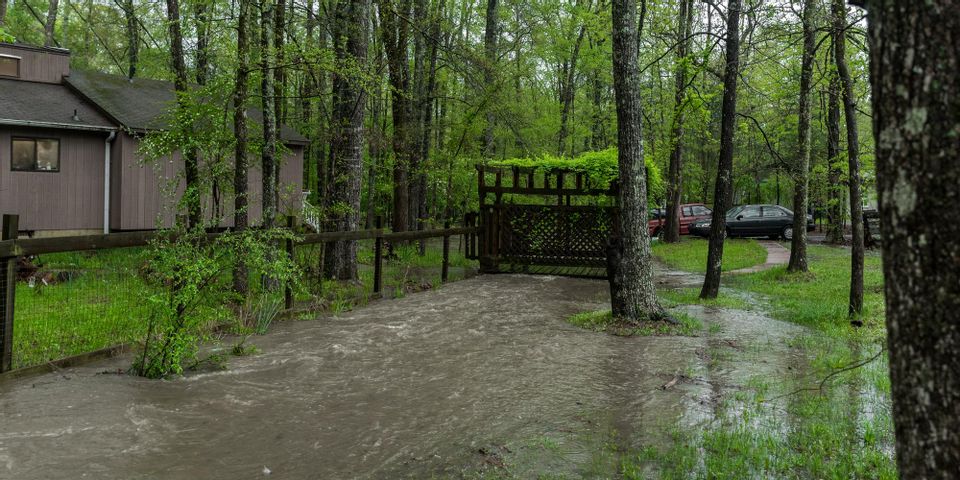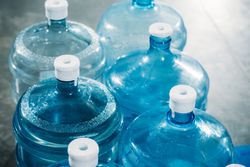How Are Water Wells Affected by Floods?

Water well drilling will provide your property with a source of clean water for drinking, cooking, and cleaning. However, if you live in an area prone to flooding, you should take a few precautions to protect your supply. While your well drilling professional will take some preventive measures during the installation, you should understand how flooding can affect your household.
How to Prepare for a Flood
Protecting your water supply starts during the water well drilling process. The well should be drilled in an elevated area where runoff won’t accumulate. You can further protect the water supply by having your contractor install a watertight cap and extend the casing to reduce the risk of penetration.
 If the weather forecast indicates a risk of a flood, store clean water in advance. Disconnect the well’s power supply. Wrap it with a plastic covering if you don’t already have a watertight cap to prevent sediment intrusion.
If the weather forecast indicates a risk of a flood, store clean water in advance. Disconnect the well’s power supply. Wrap it with a plastic covering if you don’t already have a watertight cap to prevent sediment intrusion.
What Should You Do After a Flood?
If floodwaters reach your well, an inspection should be performed before using it. A licensed inspector will need to check the water quality, disinfect the well with a chlorine solution to eliminate bacteria, and clear out any debris.
Don’t use your well until you can confirm that it’s safe to drink. Sometimes, several rounds of disinfecting and testing must be performed before the water can be used again. As a precautionary measure, you should test the well water if floodwater gets within 50 feet of it.
If you need a well inspection after a flood, Earnest Well Drilling Inc. will ensure you have a safe and reliable water supply. Serving Milford, NE, for over 100 years, the licensed and certified team will protect your family from contamination. They also offer water well drilling and repairs. To learn more about their services, visit them online or call (402) 761-2281.
About the Business
(4 reviews)
Have a question? Ask the experts!
Send your question

